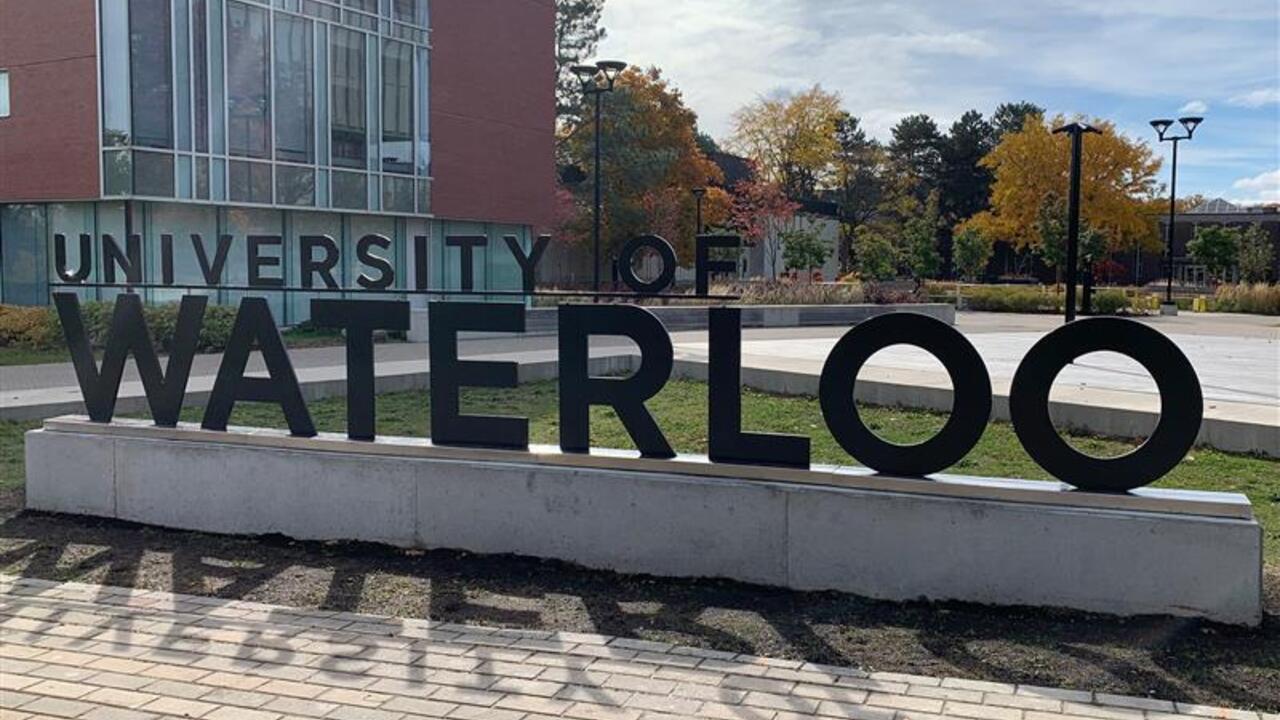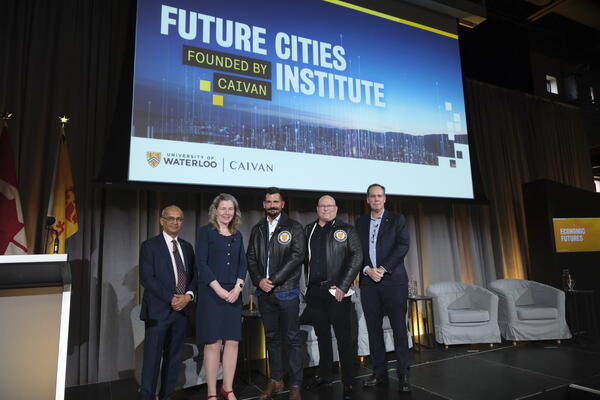
Expert Advisory: FCC vote on net neutrality
Experts from the University of Waterloo are available to speak to the media about today’s vote on net neutrality by the U.S. Federal Communications Commission

Experts from the University of Waterloo are available to speak to the media about today’s vote on net neutrality by the U.S. Federal Communications Commission
By Media RelationsMartin Karsten — Computer Science
Martin Karsten is an associate professor in Waterloo's Cheriton School of Computer Science. He has conducted research on the technical aspects of net neutrality. His area of expertise includes network protocols, Internet architecture, and computer systems software.
"I believe the international panic over US regulations for network neutrality is unnecessary. As far as regulation in Canada is concerned, it is important to decompose the various aspects of net neutrality - and distinguish between blocking/throttling on one hand and priority mechanisms on the other."
—Martin Karsten
Srinivasan Keshav —Computer Science
Srinivasan Keshav is a professor in the Cheriton School of Computer Science at the University of Waterloo. He worked Internet Quality of Service, which is the foundation for the technologies that are used to make the Internet non-neutral.
“This is really all about business: Internet carriers want to get a fraction of the revenues currently accruing to content providers, and content providers don’t want to pay. The claim that this shuts out new content providers is a smoke screen: the barrier to entry is not the Internet, but the lock in established by players like Facebook and YouTube due to the ‘network effect’ – you want to be on the network with the most content and most of your friends, which advantages the largest players.”
— Srinivasan Keshav
Ian Milligan — History
Ian Milligan is a digital and Canadian historian examining ways historians can use web archives. His work aims to break down barriers to access these large repositories of cultural information dating back to the mid-1990s. He is an associate professor in the Department of History at the University of Waterloo and is principal investigator of the Archives Unleashed project.
“We’ve long taken the common carrier aspect of the Internet for granted – so much so, in fact, that sometimes we think of the Internet as somehow eluding governmental regulation. But our early Web of the 1990s, with scrappy homepages and basement Web servers, has already given way to a much smaller number of powerful players. The FCC’s expected decision on net neutrality could accelerate this process.”
—Ian Milligan
Jennifer Whitson — Sociology
Jennifer Whitson is a sociologist who studies technology and society — the way tech changes how we work, play and socialize with each other. As an assistant professor in the Department of Sociology and Legal Studies at the University of Waterloo, she teaches courses on surveillance and society, digital cultures, and digital media production.
“Regardless of this vote today, Canada must continue to be a strong supporter for net neutrality. The Internet has become a vital communication channel. It's essential for everything from how we search for jobs, to how we research school projects, to how we keep in touch with family members. Repealing net neutrality would effectively allow service providers to turn the open communication we have now into something like a cable package, with tiers of service that cater to those with the most money to spend. Effectively, ending net neutrality would give broadband providers the power to hold hostage access to websites and services.”

Read more
The Future Cities Institute founded by CAIVAN will bring together leading minds from across sectors to solve the most challenging and urgent issues facing global cities.

Read more
The gift comes from two Waterloo alumni with passion and drive to have transformative impact

Read more
University of Waterloo and leading real estate developer The Caivan Group launch the Future Cities Institute
The University of Waterloo acknowledges that much of our work takes place on the traditional territory of the Neutral, Anishinaabeg and Haudenosaunee peoples. Our main campus is situated on the Haldimand Tract, the land granted to the Six Nations that includes six miles on each side of the Grand River. Our active work toward reconciliation takes place across our campuses through research, learning, teaching, and community building, and is co-ordinated within the Office of Indigenous Relations.